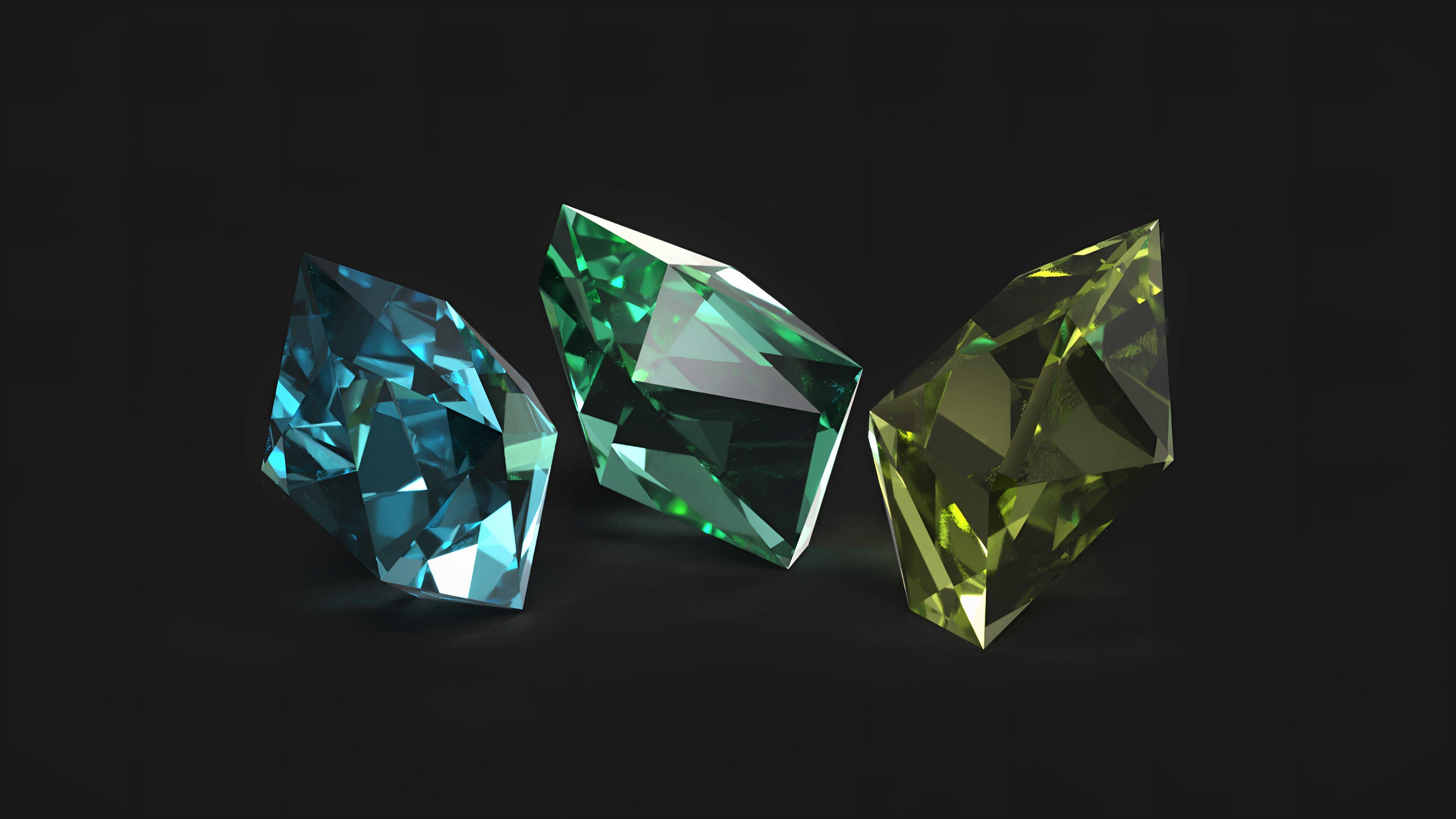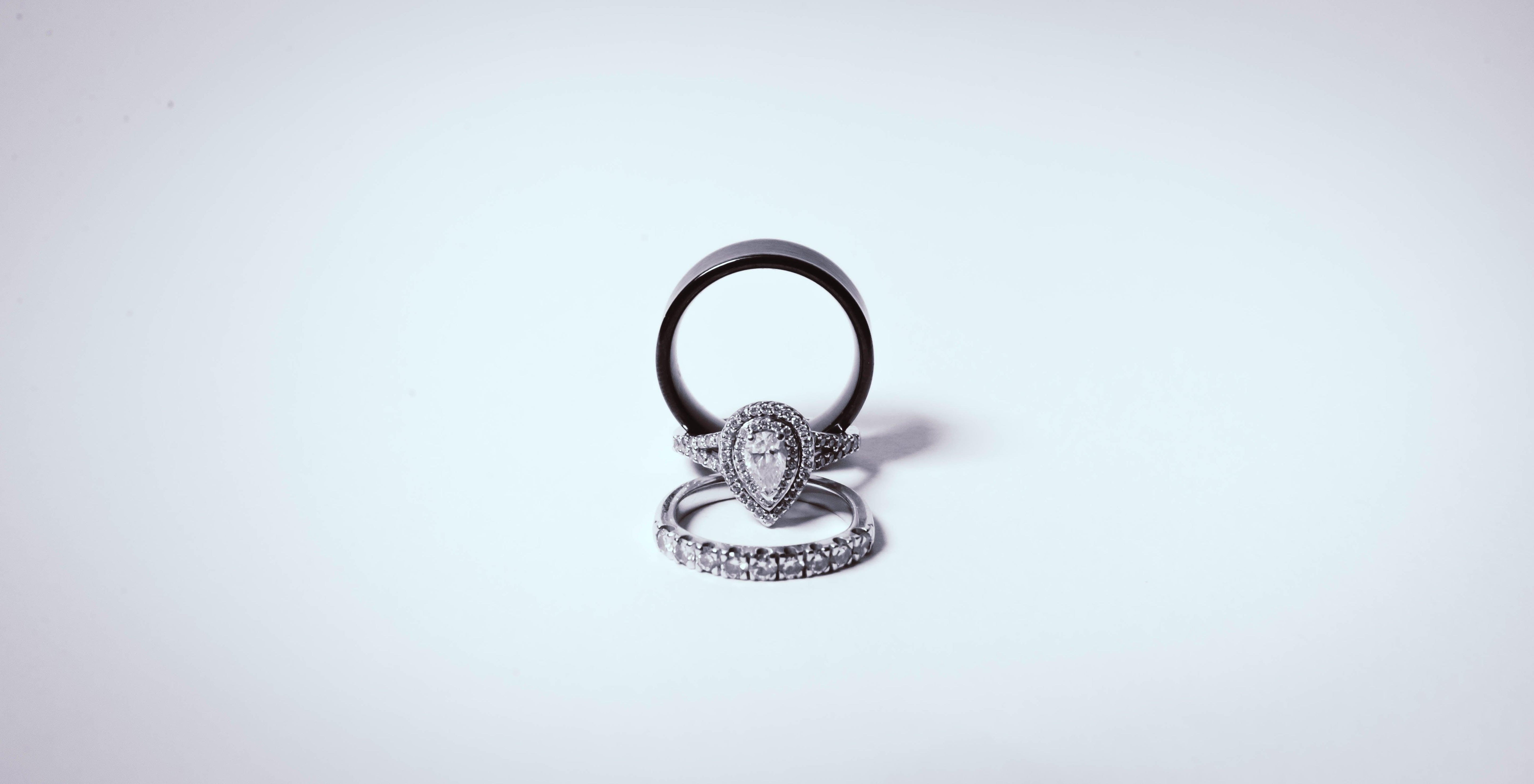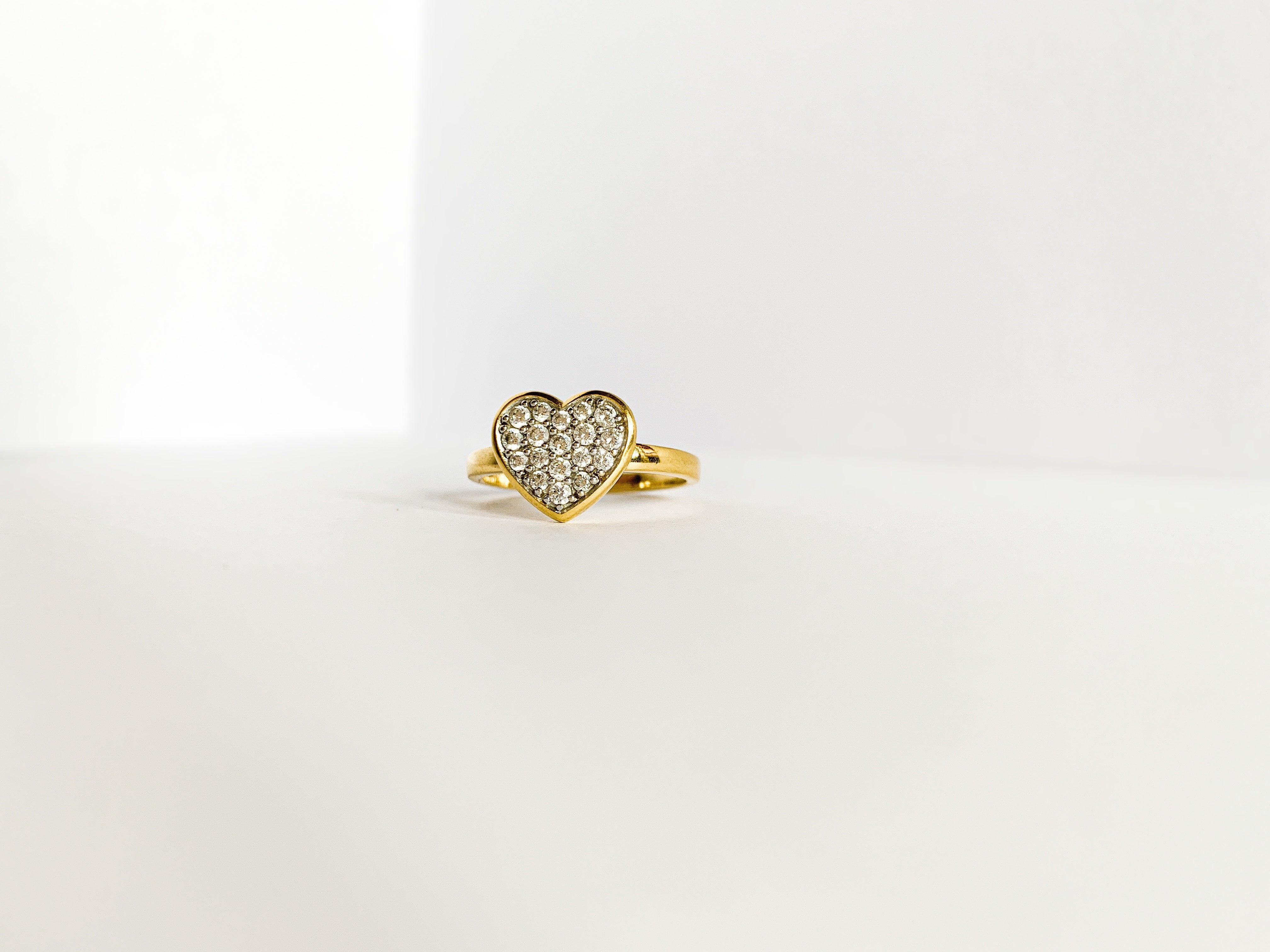
Dazzling Diamonds: 10 Fascinating Facts You Didn't Know
1. Diamonds Are Not Forever
While diamonds are renowned for their durability and hardness, they are not entirely indestructible. Diamonds can be shattered or chipped if subjected to a strong blow, as their crystalline structure can be disrupted. They can also burn if exposed to inten se heat, returning to their elemental form of carbon, which is graphite.
2. The Largest Diamond Ever Discovered
The Cullinan Diamond, unearthed in South Africa in 1905, remains the largest gem -quality diamond ever found. In its rough form, it weighed an astonishing 3,106 carats (about 1.37 pounds). This colossal diamond was later cut into multiple pieces, with the l argest, the Cullinan I, weighing 530 carats and adorning the British Sovereign's Royal Scepter.
3. Diamond as a Birthstone
Diamonds are the birthstone for those born in April. It's believed that wearing a diamond can enhance the wearer's inner strength and courage. Diamonds have also been associated with clarity, balance, and abundance, making them a popular choice for jewelry gifts during April birthdays.
4. The Hope Diamond's Curse
The Hope Diamond, a famous blue diamond with a long history, is often associated with a curse. Many of its owners reportedly experienced personal tragedies and misfortunes. Despite its curse, or perhaps because of it, the Hope Diamond remains one of the wo rld's most iconic gemstones, weighing 45.52 carats and displaying a deep blue color.
5. Diamonds' Role in Technology
Diamonds aren't just for jewelry; they also play a crucial role in technology. Their exceptional hardness and thermal conductivity make them ideal for various industrial applications. Diamonds are used in cutting, drilling, and grinding tools, as well as i n high-performance electronics and laser optics. 6. The Earth's Oldest Diamonds
Some diamonds found on Earth are believed to be over a billion years old. They formed deep within the Earth's mantle during a time when the planet's crust was still evolving. These ancient diamonds provide valuable insights into the Earth's geological history.
7. The Color Spectrum of Diamonds
Diamonds come in a wide range of colors, but most people associate them with colorless or white stones. However, diamonds can exhibit various hues, including yellow, brown, blue, green, and even pink or red. The Gemological Institute of America (GIA) grade s diamond color on a scale from D (colorless) to Z (light yellow or brown).
8. Synthetic Diamonds: A Modern Innovation
The creation of lab-grown diamonds, also known as synthetic or cultured diamonds, is a relatively recent innovation. These diamonds are produced in controlled environments using advanced technology that replicates the natural diamond-growing process. Lab-grown diamonds have the same physical, chemical, and optical properties as natural diamonds, and they offer ethical and environmental advantages.
9. The Koh-i-Noor Diamond's Color-Changing Mystery
The Koh-i-Noor diamond, one of the world's largest diamonds, possesses a remarkable ability to change colors based on lighting conditions. It can appear colorless, pale yellow, or even faint pink or blue. This unique feature adds to the diamond's mystique and fascination.
10. Diamonds from Outer Space
In 2004, astronomers discovered a white dwarf star named BPM 37093, located around 50 light-years away from Earth. This star is composed primarily of crystallized carbon, essentially making it a massive diamond the size of Earth. While not the kind of diam ond one can wear, it's a reminder that diamonds exist not just on Earth but also in the cosmos.
Diamonds have a timeless charm and an intriguing history that goes beyond their breathtaking sparkle. These 10 fascinating facts reveal the multifaceted nature of diamonds, from their diverse colors and ancient origins to their role in technology and their presence in the cosmos. As symbols of beauty, rarity, and endurance, diamonds continue to captivate and inspire us, reminding us that there is much more to these gemstones than meets the eye.



